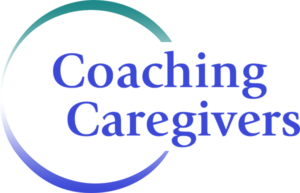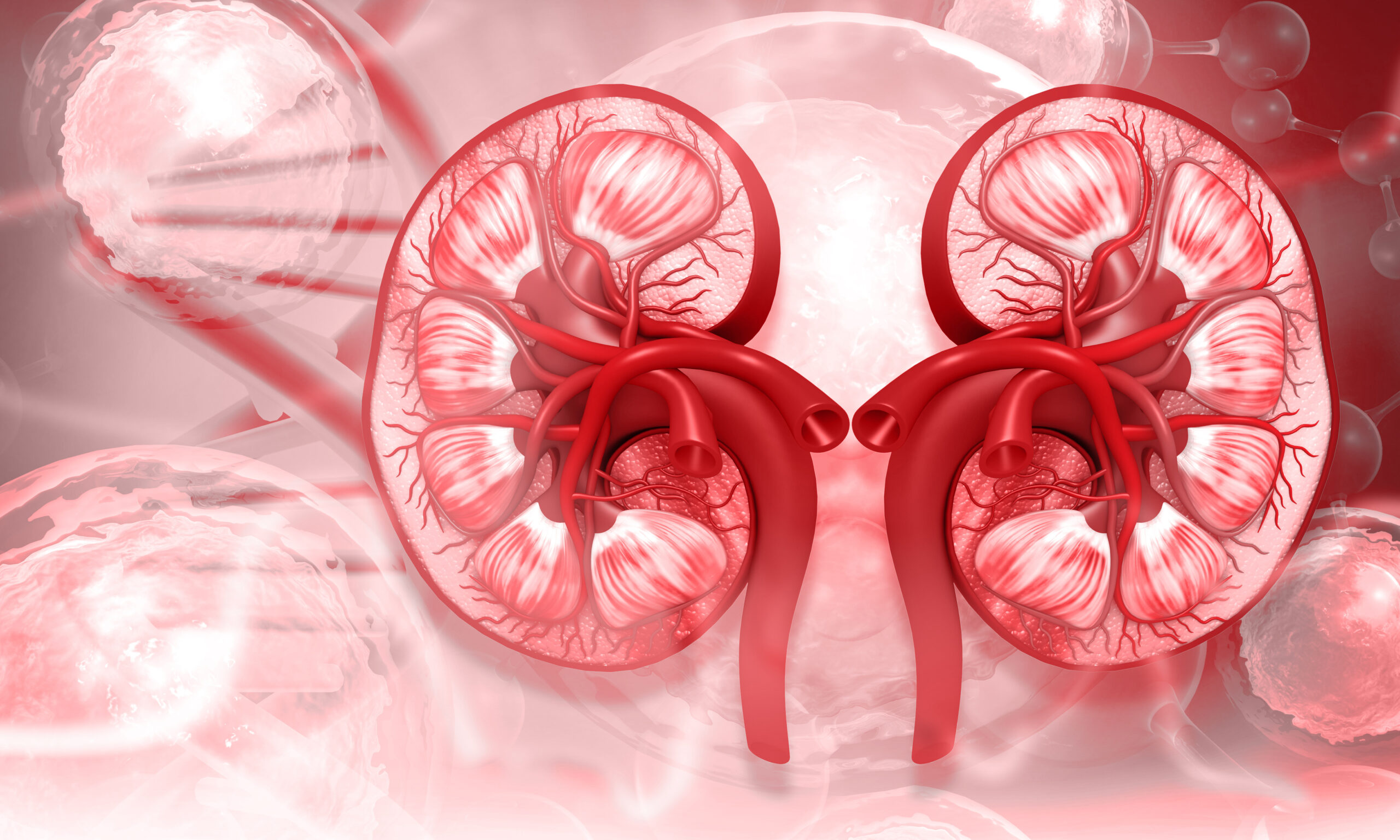The Caregiver Coach
Helpful tips for family caregivers
March/April 2024
Do you sometimes feel alone with your caregiving worries? This is very common. And very isolating. In fact, joining a support group will help you realize there are many people going through the same things. You can learn valuable tips while talking with others and gain much-needed support. In our middle article we look at questions to consider if you are asked to serve as a trustee for a disabled relative’s special needs trust. Last, we look at who should get tested for chronic kidney disease. It’s more common than you think!
Choosing a support group
Are you feeling isolated, alone, frustrated, anxious, or just plain sad as you care for your loved one?
Meeting with others who are also facing caregiving challenges can be very helpful. You can share anything, from coping with the emotional demands of your role to handling difficult behaviors. Rather than judgment, you’ll find affirmation in a family caregiver support group. Plus, everything said is kept confidential.
Even if you are shy about talking in a group, just listening may bring a boost. You will learn that you are not alone and might even discover new approaches and coping strategies!
Here are some questions to ponder as you consider various groups:
- Do you want to be with people who are all dealing with the same condition? There are groups for cancer caregivers, for instance, or Alzheimer’s, Parkinson’s, or other diseases.
- Do you want to be with people in the same life circumstances? For instance, the Well Spouse Association has support groups for people taking care of a life partner. And there are groups just for adult children caring for parents. Or for people who still have children at home.
- Do you want to meet in person or online? By video conferencing? Telephone? In-person meetings are heartwarming but may not be convenient. Many groups choose to meet online. Some involve posting text or updates and members reply as they have time. Others use video conferencing and meet on an appointed day. Some groups use a telephone format.
- Do you want an educational focus or a more spontaneous agenda? Some groups have a theme for each meeting. Perhaps there’s a professional coming to talk about dementia strategies. Or someone coming to share information about adult day centers. Other groups follow a more conventional support format where people check in to share their concerns and challenges and get feedback/support from others.
Most groups are free and open to the public. For some, you may need to join the sponsoring organization. Fees are usually low. Even if a group is hosted by a faith community or medical center, don’t assume you have to be members to attend. Contact them to find out.
Return to topServing as a special needs trustee
A “special needs trust” (SNT) is typically created to provide financial support for a disabled individual. Aging parents of a person with Down syndrome might create an SNT to provide for their child’s needs after they have died.
The SNT trustee must manage the endowment to benefit the person with special needs over time. The trustee can be a family member or a professional attorney or trust officer. Often a savvy professional is hired even if a family member is a trustee. The professional provides investment guidance and ensures that funds released by the trust don’t jeopardize eligibility for public benefits (for example, money released for education might cause them to lose their Medicaid coverage).
The responsibilities of an SNT trustee include:
- Releasing funds based on the allowable expenses outlined in the trust
- Investing funds wisely
- Maintaining records for full transparency
- Filing state and federal income taxes
- Making decisions always based on the wishes and best interest of the beneficiary
- Communicating regularly with the beneficiary
While it is an honor to be chosen, if you are asked to be the trustee for a family member, talk with an SNT attorney and ask yourself:
- Do you know your relative well enough to make decisions for them?
- Do you understand investments and public benefit programs?
- Is there a provision for hiring professionals such as an attorney, an Aging Life Care™ Manager or financial advisor?
- How will this affect your personal relationship with your relative? You may have to regularly say “no” to their requests.
- How long is your commitment (for your relative’s remaining life)?
- Will you be paid?
Chronic kidney disease
Chronic kidney disease (CKD) affects one out of seven Americans. It is among the top ten causes of death in the United States. At first, its symptoms are very subtle and it progresses slowly, getting worse over decades. People often don’t know they have CKD. By the time significant symptoms emerge, the kidneys have been greatly damaged. At this point, CKD cannot be reversed. If caught early, however, there are ways to slow its progression.
Who is at risk for CKD? A number of very common conditions can bring it on. These include diabetes, high blood pressure, heart disease, smoking, and obesity. Also, if your loved one has relatives who have (or had) CKD, there is a greater chance of their getting it. And people of African American descent are four times more likely to get it than are Caucasian Americans. People of Asian, Hispanic, and Native American descent are also at greater risk. If any of these apply to your relative, ask the doctor to do a yearly kidney screening. This is primarily a urine test and blood test. If they find evidence that the kidneys are having trouble, ask for a referral to a nephrologist (kidney specialist) who can order more in-depth tests.
What are the symptoms? The early signs are very general and easy to discount: Fatigue, nausea, loss of appetite, and general malaise. More-specific symptoms are foamy urine, breath that smells of ammonia, and kidney pain.
Treatments. If caught early enough, CKD progression can be slowed with a low-salt and low-protein diet, along with a variety of medications. Keeping blood pressure low and blood sugars in the recommended range will help. Also staying active, losing weight, and stopping smoking. It’s important to work with a dietitian and a nephrologist to learn which treatments make the most sense for your loved one.
Return to top



